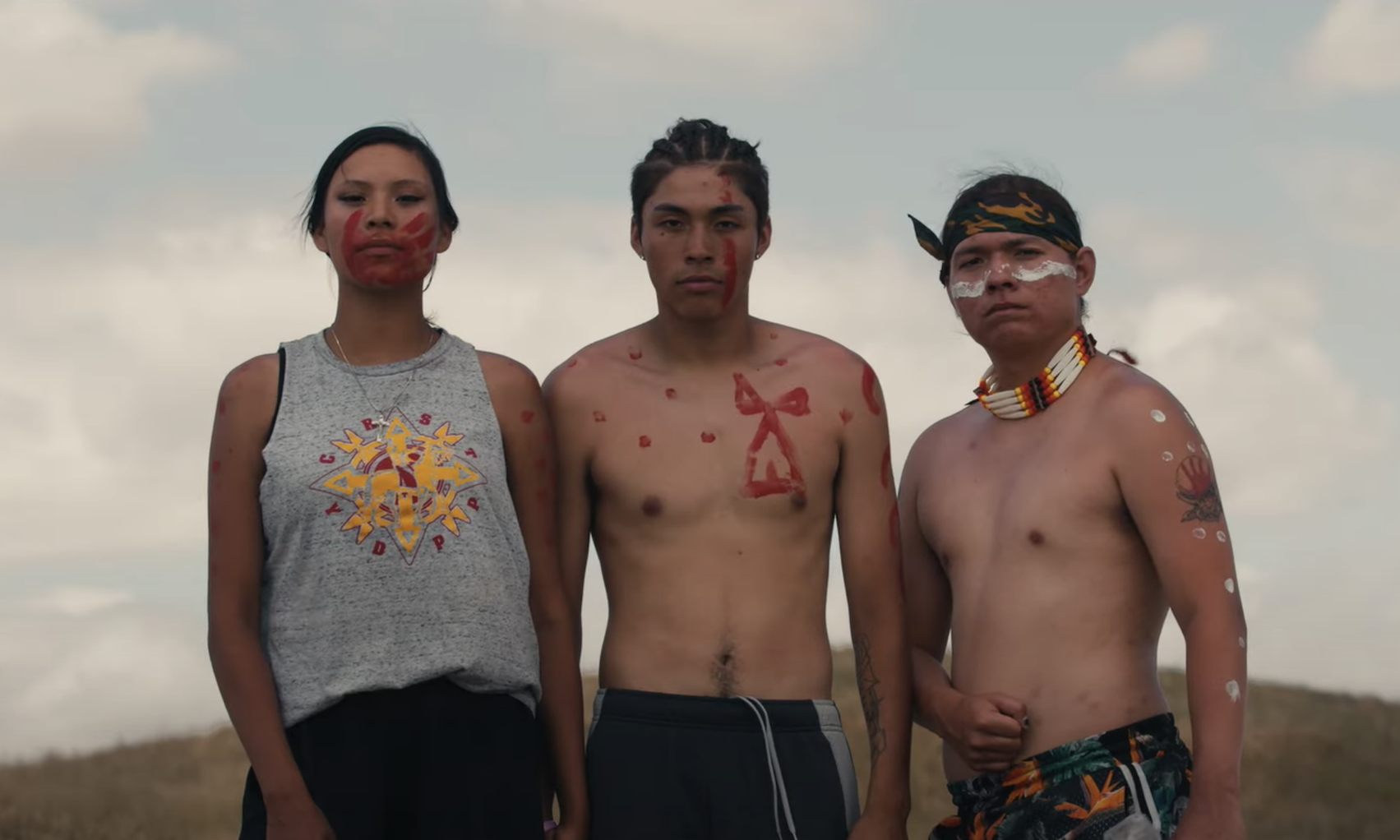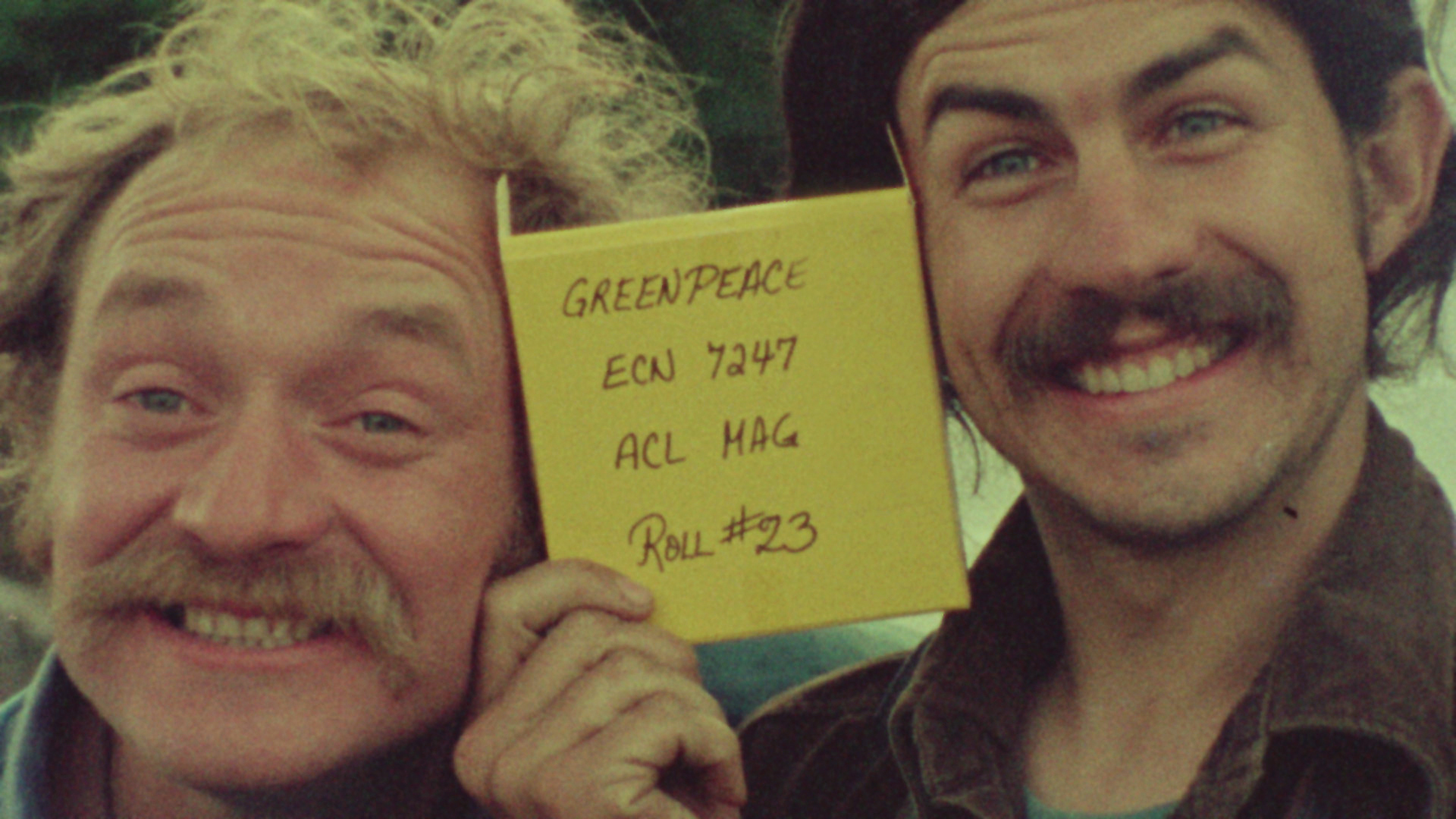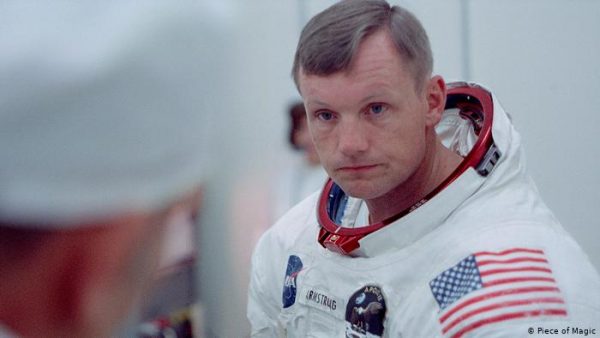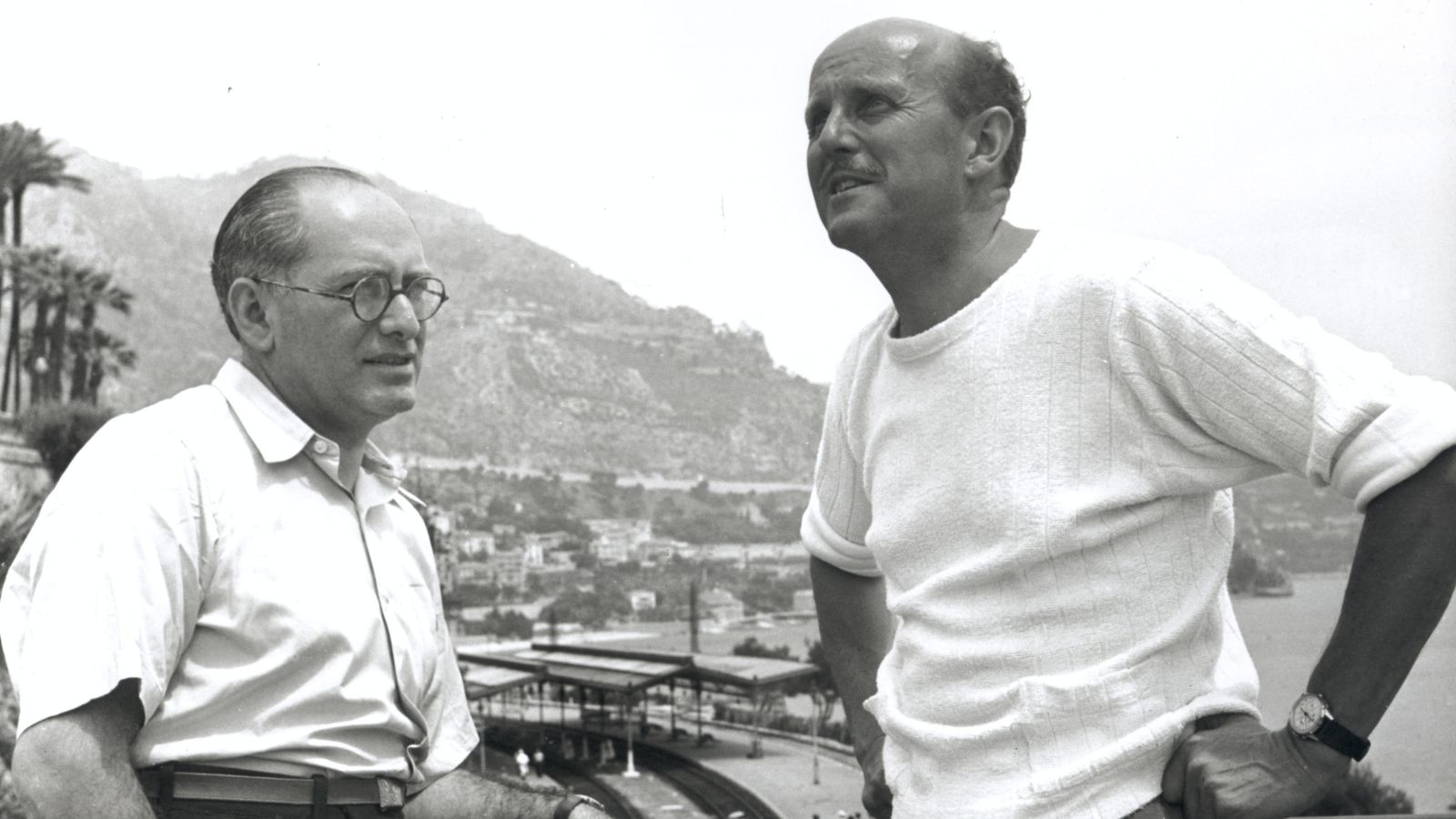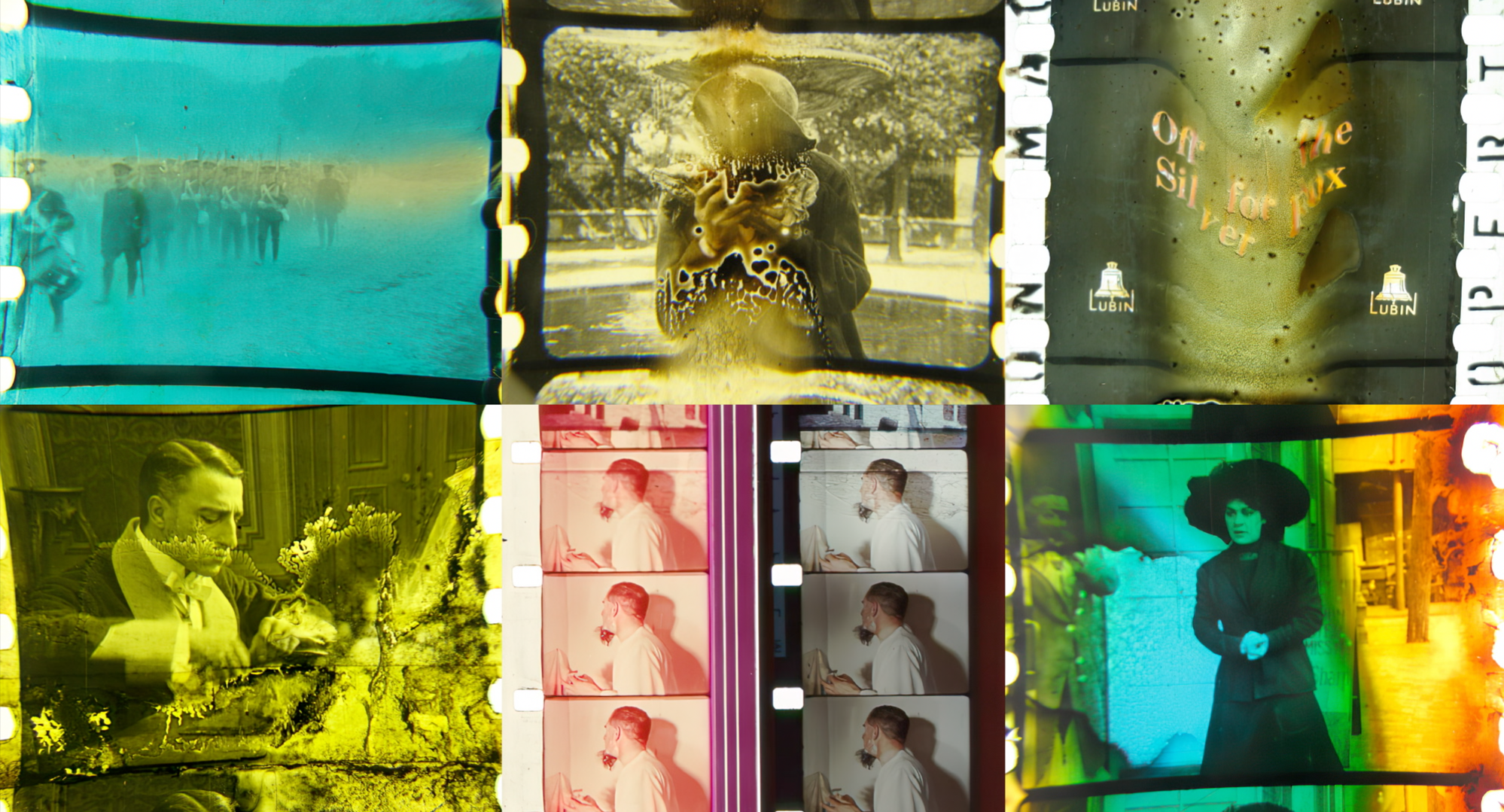
50 Informative Documentaries to Watch Now
November 20, 2024
Share:
All documentaries talk about something real in the world, but there’s a fine line between docs that just ramble on and regurgitate established facts at us, and docs that really zero in on a subject—getting us to care about something we might never have paid attention to before, and potentially changing the way we think about everything. Here at agoodmovietowatch, we’ve compiled a list of the best little-known documentaries that really believe in what they’re saying and hope to pique your curiosity and command your attention. And since these films are highly-rated not just by critics but by audiences too, you can trust that watching them won’t feel like you’re just stuck in school.
Read also:
31. Lakota Nation vs. United States (2022)
Genres
Director
Actors
Moods
Using the documentary form with supreme clarity and righteous fury, Lakota Nation vs. United States distills hundreds of years of American history into two powerful, consistently engaging hours of film. The information presented in this movie has always been available to the public, but directors Jesse Short Bull and Laura Tomaselli do an excellent job at allowing these historical accounts and more recent headlines to cumulatively take on a truly emotional—almost spiritual—resonance. The enormity of the losses that Native Americans have endured physically, culturally, and economically is genuinely horrifying, and every new obstacle that the Oceti Sakowin peoples face feels heavy with the struggle of all of their ancestors before them.
Short Bull and Tomaselli stick to a generally conventional structure, but are able to weave together together personal stories and factual legal arguments through archival footage, majestic shots of the frontier, and the poetry of Lakota poet Layli Long Soldier. The whole film, then, begins to take on more of a lyrical quality—as if every tragic moment has permanently become part of the tapestry of Native life, impossible to forget and always driving efforts for reparation forward. Still the Native struggle continues, but with much more hope than despair.
32. In the Same Breath (2021)
Genres
Director
Moods
The culture of propaganda and cover-ups that kicked off the pandemic is the subject of this compelling documentary by award-winning director Nanfu Wang (One Child Nation). Wang, who traveled with her family to China in January 2020, saw and filmed the pandemic firsthand, and wrote to major newspapers like The New York Times to convince them to write about it. They never did.
Media and government in both China and the U.S. played down the threat, and this documentary asks how different everything would have gone otherwise. More dauntingly, it’s an examination of how the Communist Party in China managed to use the event to its advantage.
33. How to Change the World (2015)
Genres
Director
Actors
Moods
How to Change the World is an insightful and candid documentary about the formation of Greenpeace in 1971 by a small group of environmentalists and activists in Vancouver, British Columbia. Beginning with their attempt to disrupt U.S. nuclear testing in Amchitka, Alaska, the film follows their subsequent efforts to thwart commercial whaling in the Pacific, their anti-sealing campaign in Newfoundland, and their ongoing efforts to defend the natural world against what they perceive as excessive human intervention and abuse. How to Change the World is as much a poignant tale of inspired activism as it is an interesting study of the organization’s early tribulations: idealism vs. anarchy, social movement vs. organizational structure (or lack thereof) and leadership vs. disunity. The voice of co-founder Robert Hunter (de facto leader of Greenpeace from inception) is heard posthumously throughout via narrator Barry Pepper, and it adds an impassioned air of gravitas to the film, detailing the many complexities Greenpeace experienced over the course of its early years of growth and development. A compelling and educational viewing experience.
34. Apollo 11 (2019)
Genres
Director
Actors
Moods
What makes Apollo 11 stand out is its sharp minimalist approach, allowing the archival footage of the mission to the moon to speak for itself. It’s stunning to think that at one point or another we had collectively seen a bulk of the footage in this film, and yet somehow let it lay dormant until the moon landing had been reduced to black and white stills in our collective imaginations. Not only does this film reinvigorate the moon landing with the power that it once held, but it does so in a way that is more thrilling than anything the Marvel CGI wizards could muster. The vibrant score adds a layer of ferocious tension, while the breakneck pace gives the feel of a rollercoaster ride. If there is any fault to find here, it is most definitely with the film’s MAGA style yearning for a time and place that never existed. Spare us the teary-eyed patriotism and the clips of Nixon, a disgraceful criminal, and vile racist, yammering on about the world becoming one. Nevertheless, this is a fantastic example of why most biopics should just be documentaries and why the fanatical fear of spoilers is a tad silly. Spoiler alert: they land on the moon.
35. Hail Satan? (2019)
Genres
Director
Actors
Moods
The question mark in the title represents the central idea of this fascinating documentary: what if worshipping Satan is the only way of ensuring religious freedom for everyone?
That’s what a group of young members known as The Satanic Temple believe, led by a determined and well-spoken Harvard graduate. They embark on a journey across the U.S. to challenge corrupt officials and the prevalence of religious biases in government agencies. They always request that their belief system (Satanism) is given the same favorable treatment as Christianity, effectively proving that authorities will really only accept a show of religion if it’s one religion: Christianity.
But their intoxicating energy comes with costs: divisions within the organization and growing pains. This documentary perfectly illustrates not only a misunderstood religion (in the documentary it’s referred to as “post-religion”) but the difficulties of establishing grassroots movements in general.
36. Descendant (2022)
Genres
Director
Actors
Moods
Although Descendant is built around the finding of the Clotilda—the last ship to bring African slaves to the United States—this documentary knows that there’s so much more potent drama in the stories of the ordinary people of Africatown, Alabama. As this painful reminder of the roots of their community is salvaged from the water, their view of history itself begins to change. Now they face the responsibility of making sure that the Clotilda doesn’t just become a tourist attraction, and that their call for reparations unites the Mobile region of Alabama more than anything else. Its a gripping, complex documentary that feels like reading a great novel.
37. Against the Tide (2023)
Genres
Director
Moods
Shot and edited in an immersive, unembellished style that makes it seem more like a work of narrative fiction than a documentary, Against the Tide begins from a personal place—the friendship between two Indigenous fishermen—before branching off into an exploration of a myriad of issues that these men and their families are involved with. Major credit goes to director Sarvnik Kaur not only for capturing life in Mumbai with loving (but never whitewashed) detail, but also for being a truly silent, invisible observer who never uses her camera to frame any of her characters as right or wrong. There’s a dizzying amount of material that Kaur manages to tackle even in the simplest, candid conversations: class, caste, gender, the environment, technology outpacing the communities most affected. And to see the film’s central relationships slowly be chipped away by all this change is as heartbreaking as any fictional tragedy.
38. All In This Tea (2007)
Genres
Director
Actors
Moods
You don’t have to be a tea drinker to enjoy this warm film from documentary legend Les Blank. The passion and eloquence with which the tea connoisseurs interviewed here talk about the beverage is a delight in itself, a soul-nourishing reminder of what worlds of meaning and experience open up when you really love something. Though a few of these enthusiasts are featured — among them, filmmaker Werner Herzog — it’s mainly centered around David Lee Hoffman, an American importer who swims against the tide of capitalism, mass production, and environmental damage to champion the hand-crafted teas he’s so passionate about. As the film chronicles, however, his insistence on buying directly from the boutique farmers — sometimes traveling hours into the remote Chinese countryside to do so — often puts him at odds with the economic interests of the big-time exporters he must work with.
Hoffman isn’t persistent in the face of all these hurdles for the sake of a buck, though: the film follows his linked efforts to encourage organic farming practices and a direct-from-the-source marketplace that will give the farmers a fair price for their hard work. That his love for the drink also encompasses the artisans who make it and the ground that grows it makes this an inspiring watch.
39. Made in England: The Films of Powell and Pressburger (2024)
Genres
Director
Actors
Moods
Is there anything more lovely than hearing Martin Scorsese talk about cinema? Maybe it’s just the film nerds in us– we are, after all, always on the hunt for A Good Movie to Watch– but it’s just wonderful to hear Scorsese talk about movies, especially from directors he loves and are inspired by. Made in England: The Films of Powell and Pressburger is about the influence of The Archers, and while it’s mostly a straightforward documentary, director David Hinton makes it something like a cohesive film course on the directors, with Scorsese as lecturer. Oftentimes letting the directors’ shots and music speak for themselves, with Scorsese adding needed context, it won’t be a surprise that Made In England would be a treat for film nerds, but it also would be a great introduction for casual viewers, or viewers that want to start watching classic films, like those of The Archers.
40. Film, The Living Record of Our Memory (2023)
Genres
Director
Actors
Moods
It’s impossible not to be moved by this passionate love letter to the medium of film and its singular abilities to witness, commemorate, connect, educate, and, yes, entertain. The Living Record is more than that, though: it’s also an urgent clarion call for better support of the infrastructure and people who preserve and restore the celluloid reels that contain so much of our history.
In two hours, it packs in a lot — perhaps even too much, because there is so much fascinating material here that it’s almost overwhelming to take it in all at once. The doc draws on a sweeping line-up of contributors who collectively illuminate every facet of the need for preservation and restoration, from archivists to filmmakers like Jonas Mekas, Ken Loach, and Costa-Gavras. Its scope is just as commendably exhaustive, featuring nuanced discussions of the dangers politics poses to preservation efforts, as well as the particular need for archives in formerly colonized countries to prevent “cultural amnesia.” Despite all the challenges it highlights, its tone isn’t hopeless, as the film draws strength from the tireless efforts of archivists and cinematic saviors like Martin Scorsese. It’s impossible to watch this and not come away affirmed or converted into similarly passionate champions of preservation.
Comments
Add a comment
Ready to cut the cord?
Here are the 12 cheapest Live TV streaming services for cord-cutting.
More lists
Lists on how to save money by cutting the cord.
Curated by humans, not algorithms.
© 2025 A Good Movie to Watch. Altona Studio, LLC, all rights reserved.
